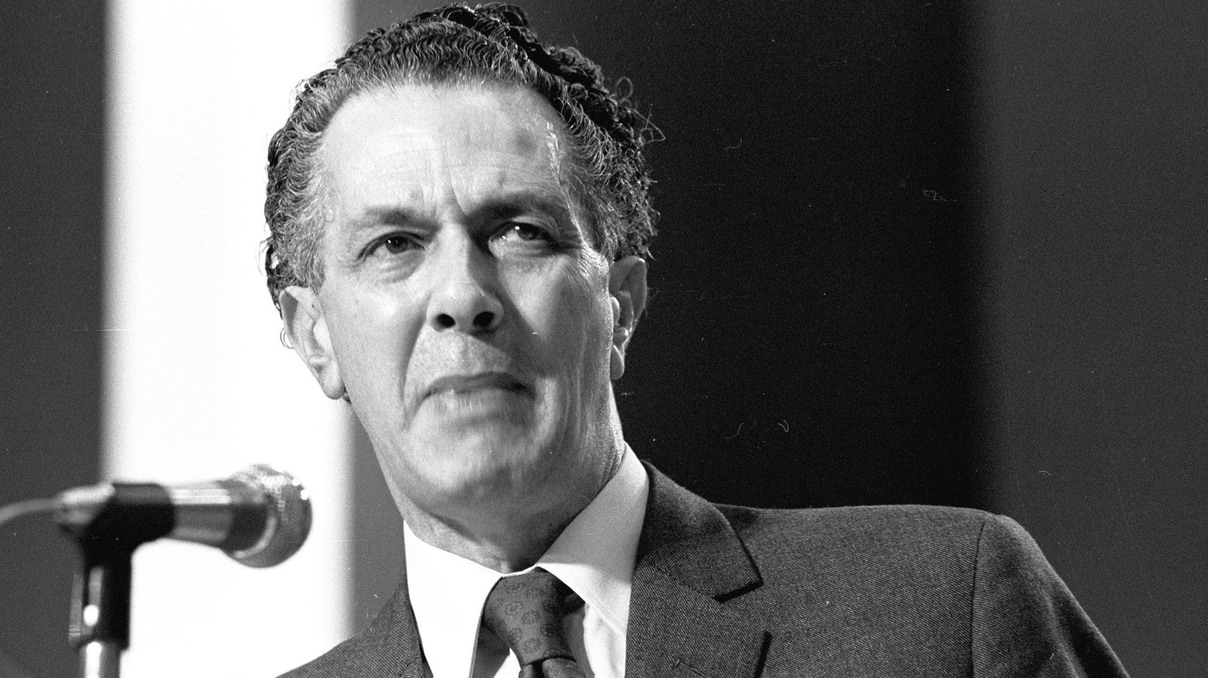AFTER THE DEFEAT OF WORKING CLASS POWER
One set of values, one sense of direction, of the future (towards working class power) was replaced by another sense of direction, another sense of the future based very broadly on what had been the great nineteenth century idea, the value that underpinned the nineteenth century expansion, the building of the Empire - faith in free trade, in the free play of market forces. But the irony was of course that the ideals, the values, that had worked to our advantage in the nineteenth century because we were the pioneers, we were ahead of the game and we set the rules, were working to our disadvantage now that there was a real, competent, effective competition.
The great achievement of Thatcherism was to break working class power. This power was largely based on the assumption that if a major industrial enterprise was pushed to the level of the possible, government would intervene to bail it out. The principle that government (Labour or Conservative) should be involved in industrial disputes had been one of the achievements of Ernest Bevin, unquestionably the greatest figure of the Labour movement in the twentieth century, who laid the basis of the welfare state through his management of the economy during the war. It was however because the ability of the government to sustain this level of support had come to the end of its tether that the involvement of the working class in the overall planning of the economy (prices and incomes policy) and the management of industry (industrial democracy) had become necessary. The refusal of the organised working class to accept this role rendered the Thatcherite alternative almost inevitable.
This was simply the withdrawal of government support from what were called 'lame duck' industries and the result was the virtual collapse of British industry as a whole - and its reconstruction through largely foreign investment and under foreign management, in competition with foreign industries with a less well-paid and a non- or under- unionised workforce.

Sir Keith Joseph - architect of the world we are living in
The other major Thatcherite initiative was the deregulation of the financial services industry which was, or appeared to be, a success. London became the place where you could do things you couldn't do elsewhere and thereby quickly attracted the major players in the game, becoming the financial services capital of the world. In competition with London the other major centres were forced to follow and the eventual, and quite predictable, result was the 2008 crash.
Some of us may remember that in the 1980s/1990s all this was presented as Britain being in the vanguard of what was called the 'post-industrial society.' Of course in this post-industrial society we are still surrounded by objects that are the products of industry but the idea was that all that would be done by a poorly paid proletariat elsewhere in the world while we would all make our fortune with what were called 'services' - not serving hamburgers in the local Macdonald's but developing high quality technical expertise. We would be the 'consultants'. We would provide the software while the 'developing world' would provide the hardware - and the food. When Boris Johnson talks about Brexit setting the British lion 'free to roar', it is probable that he has something like that in mind.
But in fact we are living in the ruins of that particular dream. Our industrial and agricultural capacities have been devastated. Management has become - as the Bullock Report predicted it would - an irresponsible and self-serving caste with very little real commitment to the enterprises it is running - its main commitment being to shareholders. Under these circumstances the prospect of being thrown out of the protective bubble provided by the EU and onto the world market, reliant on trade deals with the truly big beasts - the US, Australia, China - is terrifying.
That of course opens a large subject on which I have strongly held views but I don't want to develop them now. I just want to finish by indicating that I have't lost sight of the theme 'British values'. I have outlined what seem to me to be the two great adventures British society has engaged in during my life. The first was the adventure of the Labour and trade union movement since the days of Robert Owen - the advance of working class power, an adventure that now, I think, lies in ruins, perhaps irredeemably so. The working class is not now a force to be reckoned with in British society. The other adventure was a reversion to the values that served Britain well in terms of its emergence as a great power in the world in the nineteenth century but have proved disastrous in the twenty first century. It may be - it is certainly my hope - that the emergence of Jeremy Corbyn represents a new adventure in British politics but for the moment the shape of it, the values it can realistically embody, are still a work in progress - and it has powerful enemies.